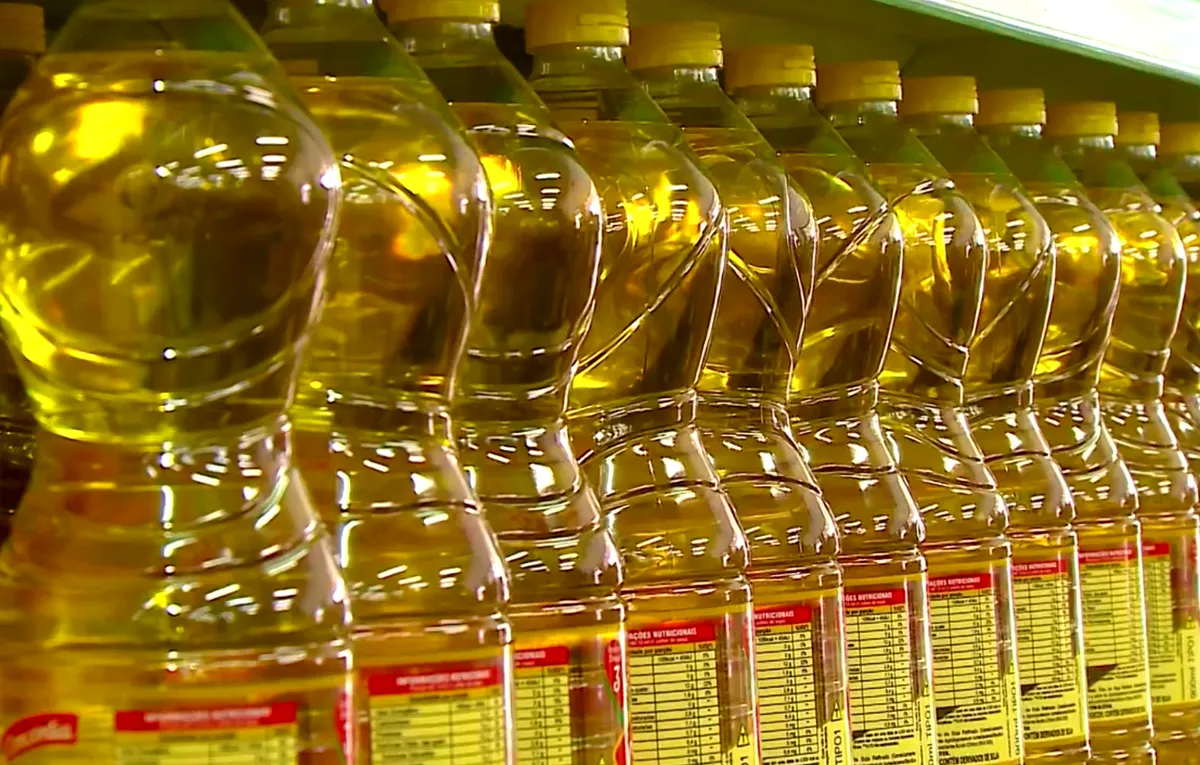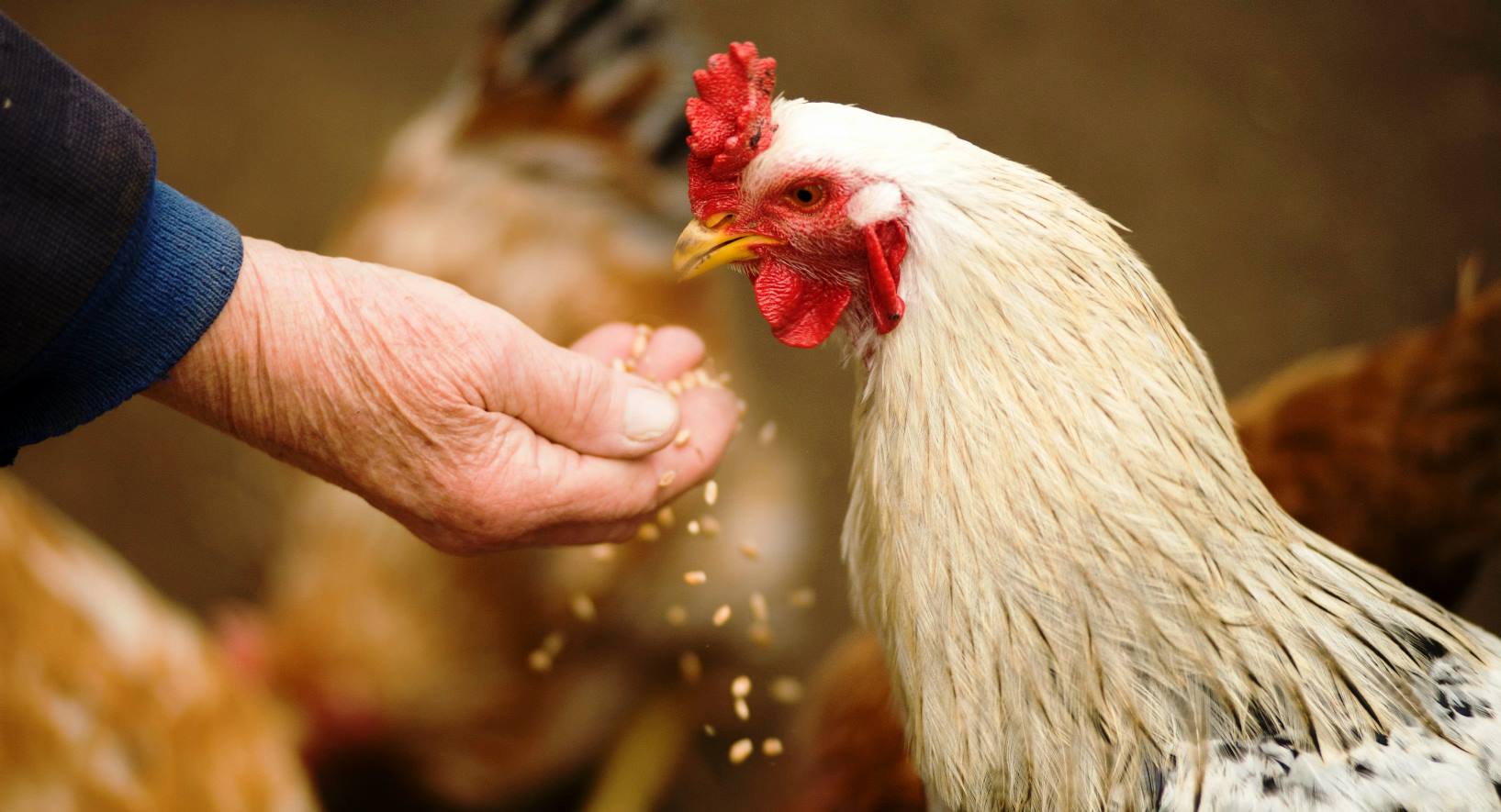
Brazil is the world’s largest exporter of coffee, supplying high-quality beans to markets across the globe. With a well-established industry, Brazilian coffee exporters have built a reputation for excellence, meeting the demands of consumers in North America, Europe, and Asia.
In this article, we will explore the 10 largest coffee exporters in Brazil in 2024, including their financial standing, product range, certifications, and primary export destinations. Additionally, we will discuss the challenges of importing Brazilian coffee, common scams in the industry, and how to access a verified guide of 50 Brazilian Coffee Exporters to ensure safe and reliable transactions.
Contents
Financial Standing: One of the largest coffee cooperatives in the world, with billions in revenue.
Type of Coffee Exported: Arabica coffee, specialty coffee.
Certifications: Rainforest Alliance, UTZ, Fair Trade, ISO 9001.
Export Destinations: United States, Europe, Asia.
Financial Standing: A leading coffee exporter with a strong global presence.
Type of Coffee Exported: Arabica and Robusta coffee.
Certifications: UTZ, Rainforest Alliance, Fair Trade.
Export Destinations: Europe, North America, Middle East.
Financial Standing: A major global coffee trader with operations in Brazil.
Type of Coffee Exported: Arabica, Robusta, specialty coffee.
Certifications: Rainforest Alliance, UTZ, Fair Trade.
Export Destinations: Europe, United States, Asia.
Financial Standing: A subsidiary of the multinational Olam, with a strong export presence.
Type of Coffee Exported: Arabica and Robusta coffee.
Certifications: Rainforest Alliance, UTZ, Fair Trade.
Export Destinations: North America, Europe, Asia.
Financial Standing: Part of the Volcafe Group, a major global coffee trader.
Type of Coffee Exported: Arabica, Robusta, specialty coffee.
Certifications: Rainforest Alliance, UTZ.
Export Destinations: Europe, United States, Middle East.
Financial Standing: A growing exporter focusing on high-quality specialty coffee.
Type of Coffee Exported: Specialty Arabica coffee.
Certifications: Fair Trade, Rainforest Alliance, UTZ.
Export Destinations: North America, Europe, Japan.
Financial Standing: A well-established exporter specializing in high-quality coffee.
Type of Coffee Exported: Specialty and organic coffee.
Certifications: Rainforest Alliance, Fair Trade, UTZ.
Export Destinations: United States, Europe, Middle East.
Financial Standing: A major cooperative with a strong global presence.
Type of Coffee Exported: Arabica coffee, certified coffee.
Certifications: Rainforest Alliance, UTZ, Fair Trade.
Export Destinations: Asia, Europe, North America.
Financial Standing: A cooperative focused on expanding its global market.
Type of Coffee Exported: Arabica coffee, specialty coffee.
Certifications: UTZ, Fair Trade, Rainforest Alliance.
Export Destinations: North America, Europe, Asia.
Financial Standing: A premium coffee producer and exporter with high-end clients.
Type of Coffee Exported: Specialty Arabica coffee.
Certifications: Rainforest Alliance, Fair Trade, UTZ.
Export Destinations: Europe, United States, Asia.
Despite Brazil’s leadership in coffee exports, there are significant challenges for international buyers:
Strict quality and certification requirements that must be met for specialty and organic coffee.
High production and logistics costs that affect final pricing.
Intense competition among global coffee traders.
Difficulties in accessing reliable suppliers and ensuring contract fulfillment.
For importers, it is essential to work with verified suppliers and establish strong partnerships to navigate these challenges effectively.
Coffee exports by country – https://estatisticas.abic.com.br/estatisticas/exportacoes-brasileiras-de-cafe-torrado/
Fraud is a serious issue in the coffee trade, with scammers using various tactics to deceive buyers. Some common scams include:
Fake exporters setting up professional-looking websites and offering deals that are too good to be true.
Fraudulent brokers who disappear after receiving payments.
Counterfeit certifications that misrepresent the quality or origin of the coffee.
To avoid scams, always verify supplier credentials, request references, and use secure payment methods.
If you’re looking to import Brazilian coffee safely and efficiently, the Brazilian Coffee Exporters Guide is your best resource. This guide contains verified and updated information on 100 reliable coffee exporters, including:
Direct contact details of certified suppliers.
Export certifications and quality standards.
Avoid scams and trade only with legitimate companies!
Don’t take risks! Get access to the most complete guide for Brazilian coffee exporters today.
Access the largest Coffee Suppliers/Exporters in Brazil by downloading our Exporters Guide.
1. Coffee Exporter
A company or cooperative that produces, processes, and sells coffee beans to international markets.
2. Arabica Coffee
A high-quality coffee species known for its smooth flavor and aromatic qualities, predominantly grown in Brazil.
3. Robusta Coffee
A coffee species with a stronger, more bitter flavor, higher caffeine content, and greater resistance to pests, also cultivated in Brazil.
4. Specialty Coffee
Coffee that scores 80 points or above on a 100-point scale by a certified coffee taster, indicating high quality and unique flavor profiles.
5. Coffee Cooperative
An organization owned and operated by a group of coffee farmers who pool resources for processing, marketing, and exporting their coffee.
6. Rainforest Alliance Certification
A certification ensuring that coffee is produced following sustainable agricultural practices that protect forests, wildlife, and communities.
7. UTZ Certification
A program that certifies sustainable farming practices, focusing on efficient farm management and better opportunities for farmers.
8. Fair Trade Certification
A certification that ensures farmers receive fair prices for their products and promotes ethical and sustainable farming practices.
9. ISO 9001 Certification
An international standard that specifies requirements for a quality management system, ensuring consistent product quality and customer satisfaction.
10. Export Destinations
Countries or regions where Brazilian coffee is exported, including the United States, Europe, Asia, and the Middle East.
11. Coffee Export Volume
The total quantity of coffee exported, typically measured in 60-kilogram bags.
12. Coffee Export Revenue
The total income generated from exporting coffee, often reported in U.S. dollars.
13. Coffee Export Challenges
Difficulties faced by exporters and importers, such as meeting quality standards, navigating logistics, and dealing with market competition.
14. Coffee Export Scams
Fraudulent activities in the coffee trade, including fake exporters, counterfeit certifications, and non-fulfillment of contracts.
15. Verified Coffee Exporters Guide
A curated list of reputable Brazilian coffee exporters, providing verified information to assist buyers in making informed decisions and avoiding fraud.
Mello Commodity publishes educational articles that aim to guide importers of agricultural commodities on: Brazilian crops, market information, prices, scams, etc.
Some articles may contain affiliate links that provide access to several SUPPLIER GUIDES for Brazilian agricultural commodities. The commission paid to the Mello Commodity team is used to cover production costs and will not impact the cost of acquiring the material.
If you are interested in negotiating the direct import of sugar, soybeans or yellow corn, simply click on the Quotation menu and send us your order details.

Brazilian, graduated in Marketing, Specialist in Service Management and Strategic Communication.
Important International Negotiator in the commercialization of Brazilian agricultural commodities such as: Sugar, Soybeans and Corn.
Owner of Mello Commdity, she has gained great prominence on the internet in recent years by promoting educational articles for importers of Brazilian agricultural commodities.
 Bangladesh Sugar Imports: A Global Success Case Study
Bangladesh Sugar Imports: A Global Success Case Study Coup plotters are everywhere in international trade. Protect your international businesses with the Agricultural Commodities Suppliers Guide
Coup plotters are everywhere in international trade. Protect your international businesses with the Agricultural Commodities Suppliers Guide Oil Exporters in Brazil – Business Opportunities and Global Markets
Oil Exporters in Brazil – Business Opportunities and Global Markets Avian Influenza in Brazil: What You Need to Know in 2025
Avian Influenza in Brazil: What You Need to Know in 2025